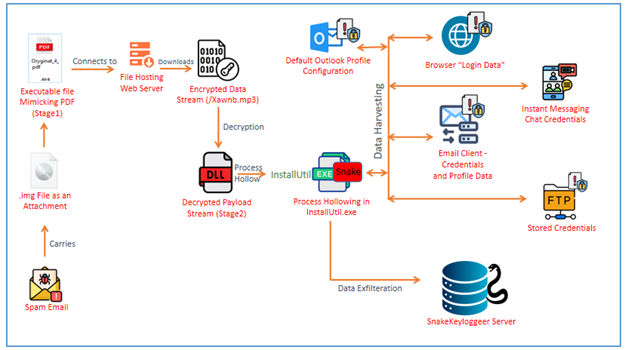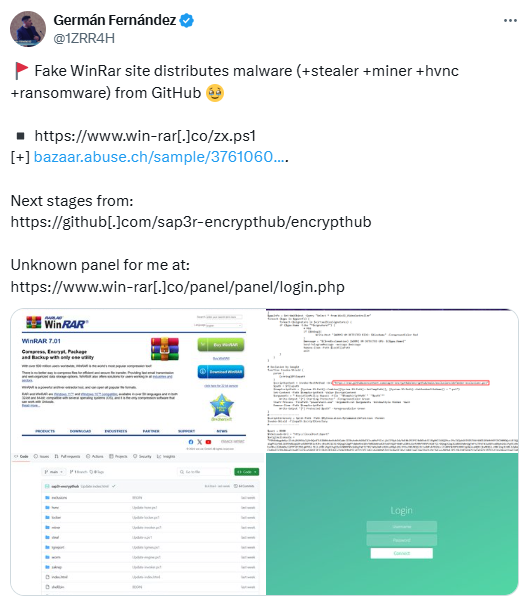
A wave of cybersecurity incidents has revealed vulnerabilities across various platforms, affecting developers, healthcare providers, enterprises, and individuals. Notably, npm packages were compromised to steal sensitive information, a critical flaw was patched in Firefox, a ransomware fine was issued to a UK company, and numerous vulnerabilities were identified in solar inverters.…
Read More 














